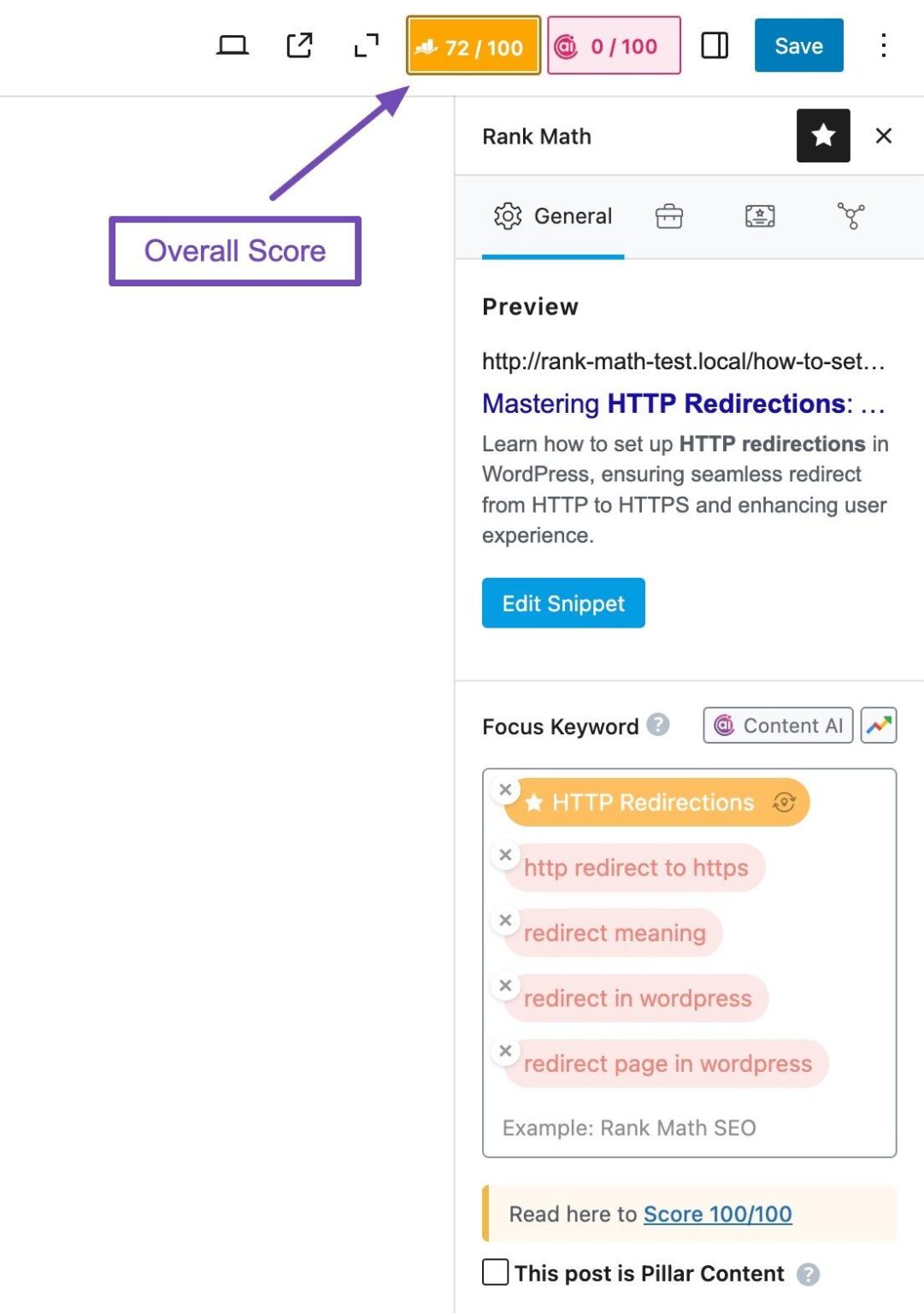Zambia Unveils “Read, Write, Count: Foundation4Life” Initiative to Tackle Learning Poverty Across Africa
In a notable move aimed at addressing the educational hurdles faced by many on the continent, Zambia has launched the “Read, Write, Count: Foundation4Life” initiative. This campaign is part of a larger effort by the African Union to eliminate learning poverty throughout Africa. The primary goal of this initiative is to improve literacy and numeracy skills among children, ensuring that every young individual possesses the essential tools for success in an increasingly complex world. As educational inequalities continue to impede progress for countless African youth, Zambia’s commitment underscores a growing awareness of the urgent need for innovative strategies that enhance learning outcomes. With support from the African Union, this initiative could serve as a catalyst for similar movements across other nations in Africa.
Zambia Takes a Stand Against Learning Poverty
Zambia has boldly stepped forward with its “End Learning Poverty for All in Africa Campaign: Read, Write, Count: Foundation4Life.” This program aims to confront pressing educational disparities both within Zambia and across the continent. By focusing on foundational literacy and numeracy skills, it seeks to ensure that every child in Zambia acquires vital competencies necessary for lifelong learning and personal development. The launch event attracted considerable attention from educators, policymakers, and international partners who share a common goal of improving educational outcomes.
The campaign outlines several key strategies designed to reshape education:
- Community Involvement: Engaging local communities in supporting children’s education.
- Teacher Development: Providing specialized training sessions and resources aimed at enhancing teacher effectiveness.
- Resource Allocation: Supplying schools with crucial educational materials that promote interactive learning experiences.
This initiative will adopt a collaborative framework involving partnerships between government agencies, NGOs, and community stakeholders.The objective is to cultivate an inclusive educational environment where all children can flourish irrespective of their backgrounds. By prioritizing literacy and numeracy skills development, Zambia not only advocates for necessary reforms but also sets an example for other African countries striving towards equitable education access.
Insights on Read Write Count Initiative’s Impact on Education Across Africa
The recently launched “Read Write Count: Foundation4Life” initiative represents a crucial advancement in tackling educational challenges throughout Africa. This campaign addresses alarming levels of learning poverty by concentrating on improving foundational literacy and numeracy among young learners. Through localized approaches and community involvement efforts are made not just towards school enrollment but also towards equipping children with essential life skills that empower them long-term. Active participation from various stakeholders—including government entities—NGOs—and local communities—is vital as they collectively work toward enhancing education quality.
The core components of this initiative include:
- Curriculum Enhancement: Updating teaching materials to emphasize fundamental reading and mathematics abilities.
- Educator Training Programs: Implementing targeted training initiatives designed to equip teachers with effective instructional techniques.
- Community Engagement Workshops: Hosting sessions aimed at educating parents about their critical role in supporting their children’s academic journeys.
- Efficacy Assessment: Establishing evaluation metrics that measure progress while allowing adjustments based on findings.
| Categorization | Aim |
|---|---|
| Literacy Rate Growth | Target 30% increase over five years |
| Numerical Proficiency | Achieve 50% proficiency rate among students by 2026 |
| Community Participation Rate | Engage 80% of parents actively involved in school activities td > tr > |
Strategic Recommendations for Improving Literacy & Addressing Educational Disparities Across Africa
To effectively tackle rising challenges related specifically around literacy rates along with broader issues concerning unequal access within education systems across sub-Saharan regions; strategic interventions must be prioritized . Collaboration between governmental bodies , non-profits ,and grassroots organizations plays an integral role when establishing cohesive frameworks emphasizing reading/writing as fundamental rights . Initiatives focusing heavily upon personalized instruction methods alongside active community engagement should receive robust backing . Key recommendations include : p >
<
- Investing into Teacher Development : Enhancing educator capabilities tailored according diverse student needs .
- Creating Localized Content : Promoting culturally relevant accessible resources available languages spoken locally.
- Infrastructure Enhancement : Expanding access facilities particularly rural areas.
- (Utilizing Digital Platforms:> Harness technology create online resources foster collaborative environments conducive growth. ul >
<
(Additionally , forming partnerships securing funding/resources remains paramount sustaining these efforts.) Governments ought consider establishing dedicated funds targeting marginalized populations ensuring no child left behind . A transparent monitoring/evaluation system will facilitate measuring effectiveness implemented strategies ; potential frameworks may encompass : P >
<
| > Strategy | > Target Audience | > Anticipated Results |
|---|---|---|
| > Educator Training Initiatives< | > Primary School Teachers< | > Enhanced student engagement improved academic performance< |

